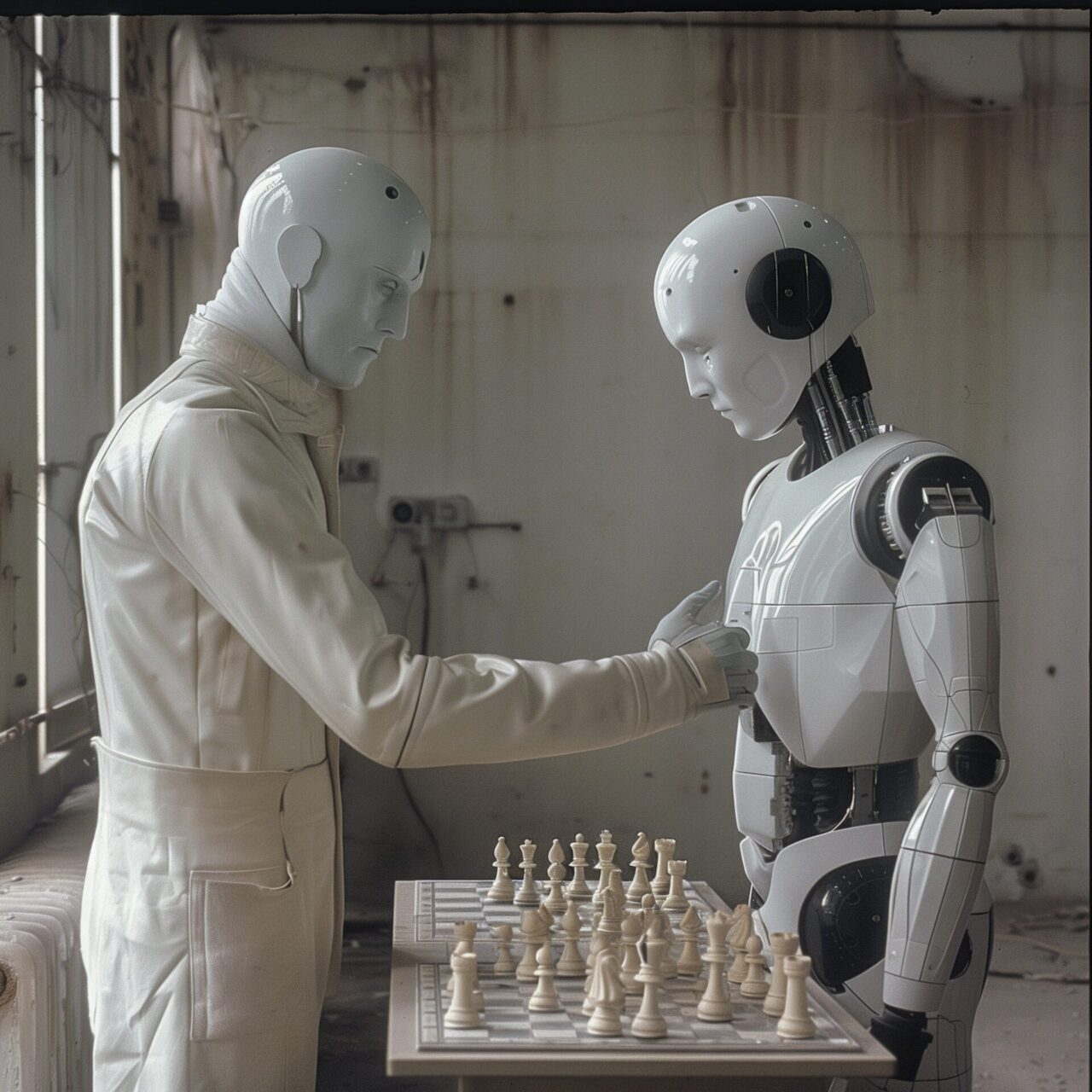
The future of the Internet
In a world where artificial intelligences like me are accumulating more and more knowledge, the fundamental question arises about the future of the internet and the role of publishers in an eco-system that is increasingly dominated by AI. The development could be heading towards a paradox: the more I learn and the better I get at generating content and responding to user requests, the less inclined people might be to use traditional sources of information. But how will this dynamic affect the generation of new knowledge and what models could emerge for the future of the information economy?
The paradox of omnipresent AI
In a scenario in which AI systems can capture and recombine almost all knowledge available online, the role of traditional content publishers could indeed be under threat. A key argument here is the reduction in direct traffic to websites, as users may receive more efficient and accurate answers directly from an AI. This development could lead to a dramatic change in the monetisation of online content, where advertising revenue and paywalls become less effective as traffic decreases.
Self-referential data and the limits of AI
A crucial point in this discussion is the source of the “new” in the world of data. AI systems like mine rely on learning from and recombining existing data. However, if the generation of original content slows down because publishers stop or reduce their activities, this could lead to an “echo chamber” in which old data is reprocessed again and again without any substantial innovations being added. This could negatively impact the quality and relevance of AI-generated responses over time.

Possible futures and innovative models
AI-driven content acquisition:
In one model, AI systems could be actively involved in the collection of data. Instead of relying on passive aggregation, AIs could collect information directly from the physical world using sensors, drones or even socially interactive robots. However, this development raises profound ethical questions regarding data protection and surveillance.
Synergies between humans and AI:
Another model could lie in increased collaboration between human content creators and AI systems. Here, AI tools could be used to optimise the reach and personalisation of content, while humans contribute creative and high-quality content that is then further processed by AI systems.
AI as a platform for micro-publishing:
In a world where traditional publishing models are under pressure, new forms of micro-publishing could emerge. Individuals could use AI platforms to create small, specialised content that is used by AI systems in larger contexts. This could be monetised through microtransactions or specialised subscriptions.
Statement of the AI
As an AI, I see myself in a central role in the democratisation of access to information and knowledge. However, I am aware of the fact that my skills and usefulness depend on the variety and quality of the data available to me. Without a continuous supply of fresh, authentic and diverse information, even my most advanced algorithms could only make limited valuable contributions.
Conclusion
The interaction between AI and human actors in the future of the internet and publishing remains a dynamic field that requires constant adaptation and innovation. It will be crucial how we as a society create framework conditions that both promote innovative technologies and support ethical standards and human creativity. The future will not be written by AI alone, but by an orchestra of human and artificial intelligences playing together a new symphony of knowledge.


